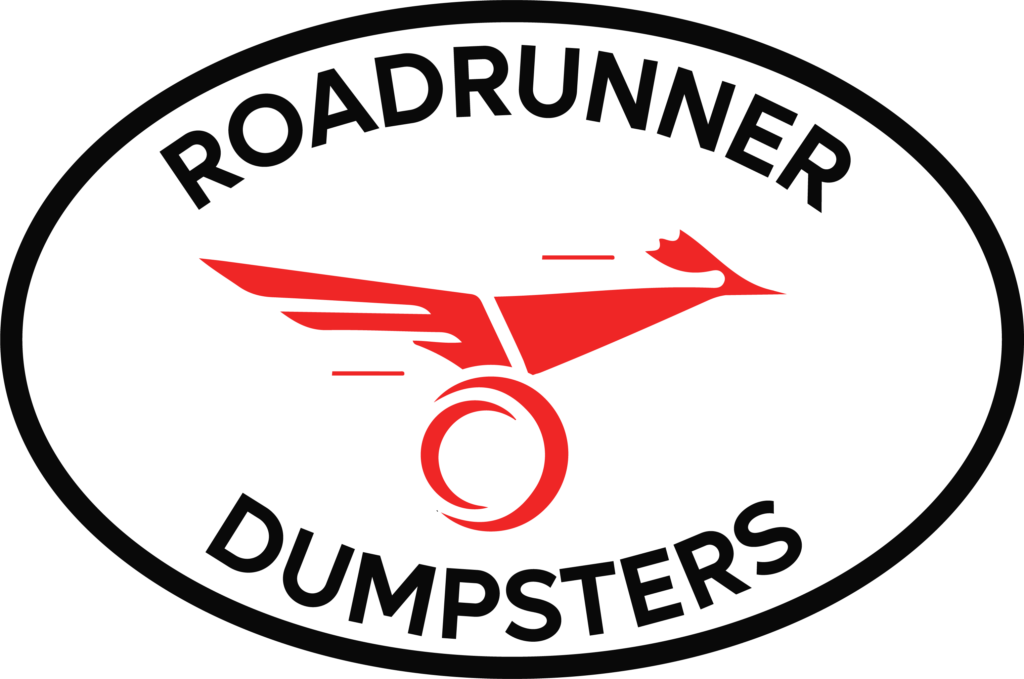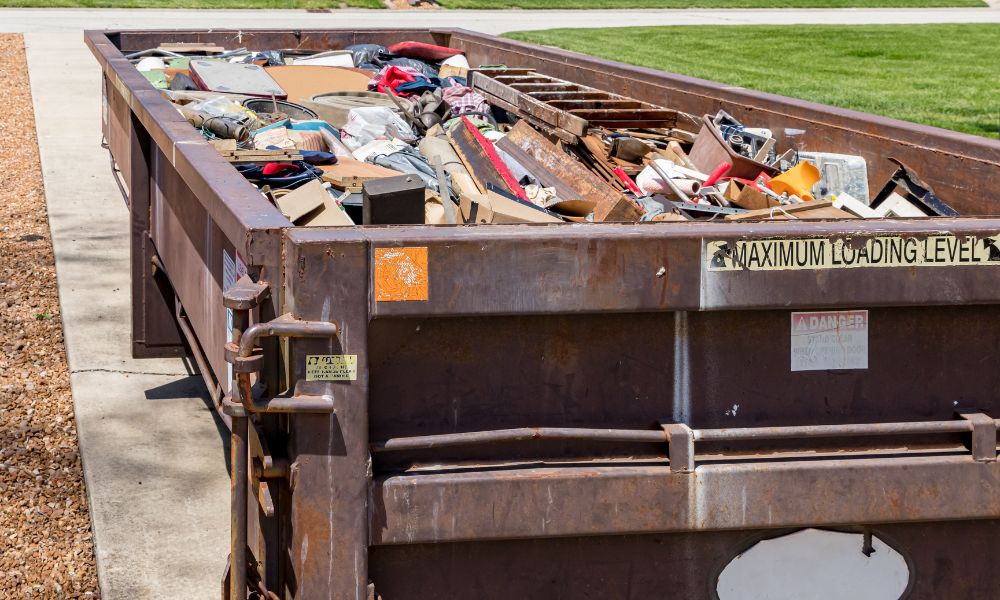Homeownership isn’t always smooth sailing. In fact, there are plenty of times when you’ll need to perform essential upgrades or even just declutter your space. While necessary, these projects can create a mess, making it vital that you have somewhere to put all the extra debris. Rental dumpsters play a crucial role in this process, but even they have their limits. In this quick guide to what you can and can’t throw in a dumpster, we’ll walk you through the basic disposal guidelines to ensure you’re using these resources correctly.
The Importance of Dumpster Usage Policies
Before you can even rent a dumpster, you’ll need to familiarize yourself with basic usage policies. These documents outline which items you can safely and legally dispose of in a dumpster. These rules are not just arbitrary guidelines; they play a significant role in safeguarding the health of our environment and help homeowners avoid the penalties associated with improper waste disposal. Improper disposal of certain items can lead to hazardous situations affecting nature and human health.
The Disposal of Non-Hazardous Household Items
Homeowners can usually place non-hazardous household junk dumpsters without any issues. This includes items such as furniture, non-recyclable plastics such as plastic bags and cutlery, general waste like food scraps, and paper products. The Environmental Protection Agency (EPA) classifies these items as non-hazardous, meaning they do not pose a significant threat to our environment when disposed of correctly. Some additional items that you can use a dumpster for include:
- Old clothing and textiles that you cannot donate or recycle
- Non-functional electronics, except for items classified as hazardous, such as batteries and large appliances
- Construction debris, such as wood, drywall, tile, and non-asbestos insulation
Items Not Permitted for Dumpster Disposal
While you can use a dumpster for the bulk of your home project’s debris, there are some exceptions to keep in mind. There is a strict prohibition on disposing of certain items in dumpsters because they’re either more difficult to destroy or present some form of harm to the environment. These include large appliances like refrigerators and air conditioners, tires, automotive parts, home improvement materials like paint, lacquers, and adhesives, and electronic items like non-alkaline batteries. Other hazardous materials, such as motor oil, pesticides, and cleaning chemicals, are also not allowed. Please see our full list of what is and is not permitted in our dumpster rentals.
Different Disposal Rules for Different Materials
Along with knowing what they can and can’t throw in a dumpster, homeowners must also be aware that different materials have different disposal rules. For instance, construction debris such as concrete, wood, and metal may require a different disposal method compared to regular household trash. Some materials, like glass and paper, may be recyclable, while others, such as certain types of plastic or electronics, could be harmful and are thus classified as hazardous. Therefore, it’s crucial that you speak with your waste management company to ensure they’re disposing of their waste responsibly and correctly.
Completing your waste management projects successfully means having a professional partner who can provide ample support. Roadrunner Dumpsters seeks to be that resource for you. Our dumpster rentals in Fenton, MI, work according to your terms, and we pick up and drop off as your schedule allows. We also always inform our customers about the dos and don’ts of item disposal, helping them avoid costly fees.


